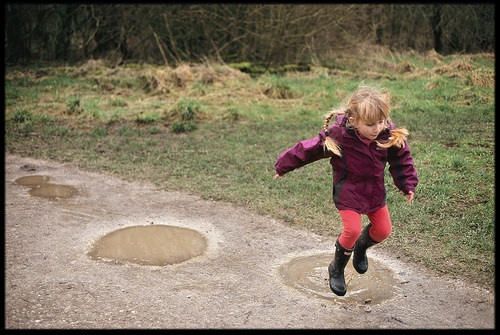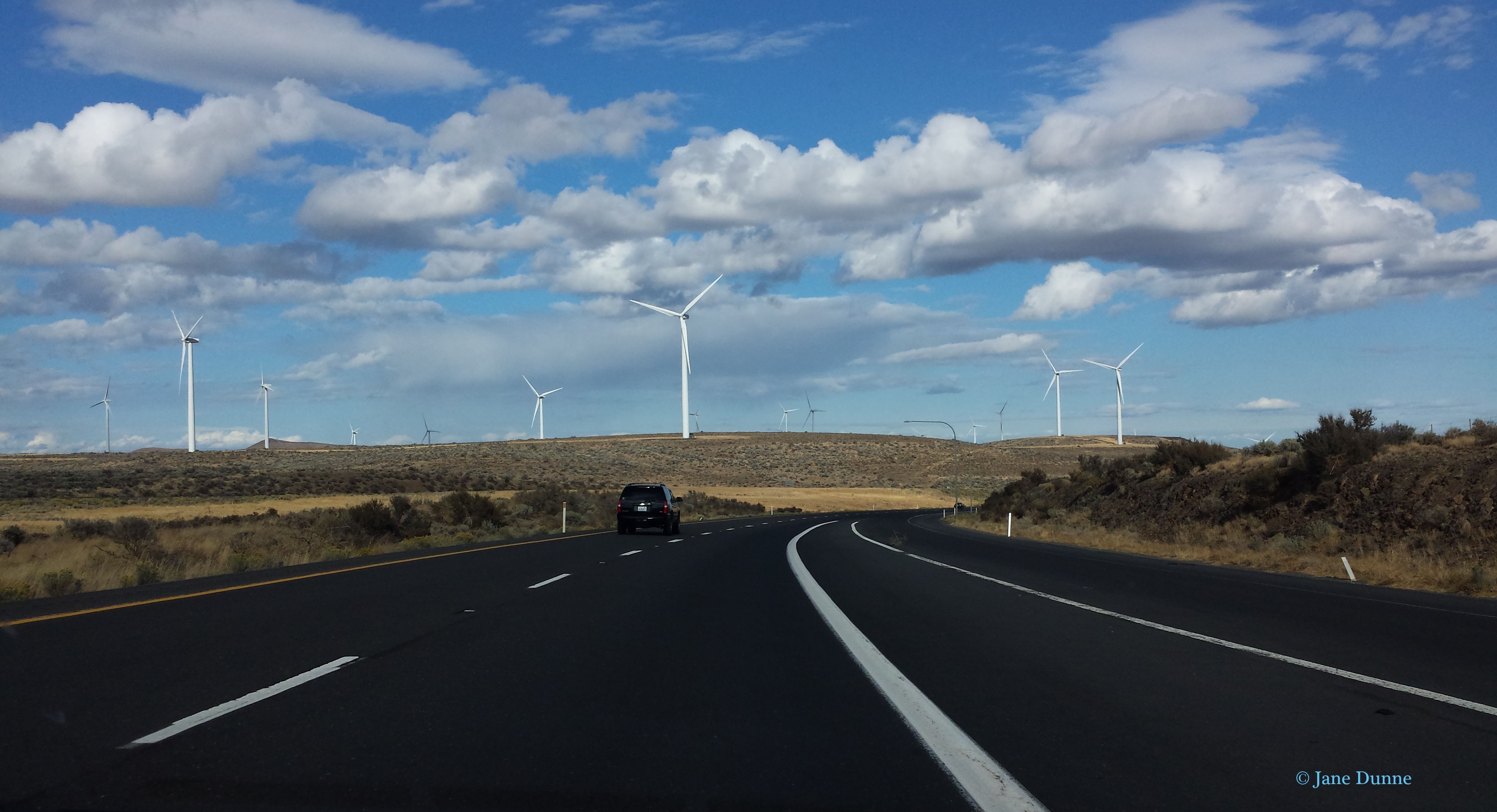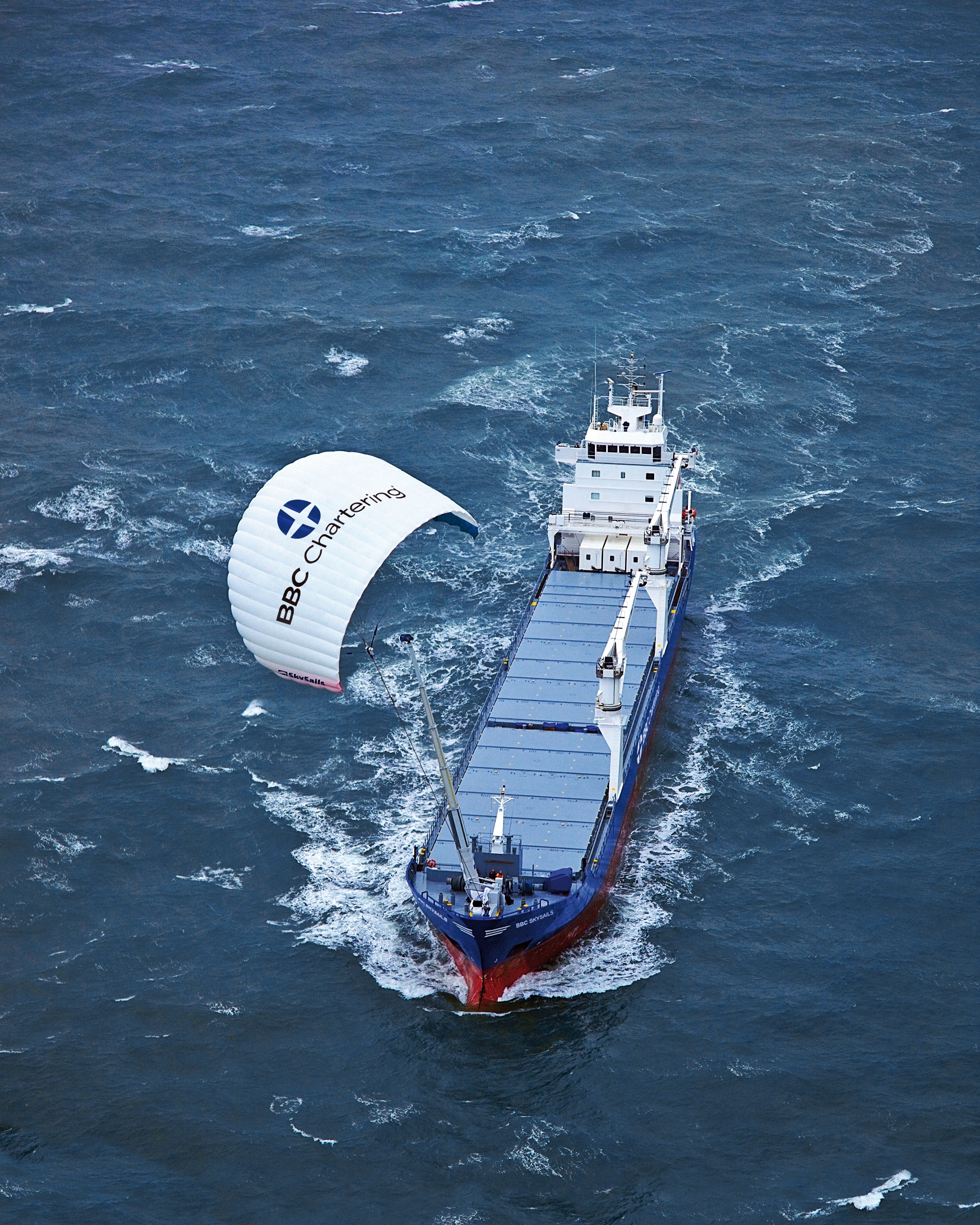Remember when splashing through puddles, collecting pretty-coloured leaves and deciding to keep a caterpillar for a pet were part of getting to and from school? Imagine all that you would have missed if your walk to school as a kid had been replaced with a sterile car ride. October is International Walk to School month (iWalk) and that has got me thinking…
Could Walking Boost Creativity?
Friedrich Nietzsche once said, “all truly great thoughts are conceived while walking” and many of the world’s greatest thinkers have recognized the power of a walk to spark new ideas and thoughts. Charles Dickens felt that walking enabled him to develop novel ways to write and some say that his walking stick was almost as important for his writing as his pen. (Charles Dickens Museum) A Stanford study has confirmed this belief and found that walking does boost creative inspiration. According to the study, creative output increases by an average of 60 percent when a person is walking. (Stanford News) Apparently, even after a walk, creative juices continue to flow, which is great for kids just arriving at school.
Exercise for Life
Setting up good habits when a child is young can translate into an active teen and adult life. Being driven to school each day contributes to sedentary behaviors and since much of the day is spent sitting in a classroom, an opportunity to be active while walking to school can help to develop life-long patterns of choosing exercise. Canadian Physical Activity Guidelines recommend that kids aged 5 to 11 get at least 60 minutes of moderate- to vigorous-intensity exercise every day. (For details on these guidelines, see Canadian Physical Activity Guidelines.)
Clearing the Air
Car fumes are not healthy for anyone, but the one place that really should not have exhaust surrounding it is your local school. University of Toronto assistant professor, Matthew Adams, recently found that school kiss-and-ride drop-off zones are exposing children to increased levels of air pollution (see U of T News.) Knowing that your family has chosen to walk, and is not contributing to poor air quality around schools by driving a short distance and then idling, is empowering. The morning walk to school is a chance for students to breathe fresh air and means that kids arrive at school feeling more alert and able to learn.
Street Smarts
Many parents find that letting their kids walk to school helps kids to learn how to be responsible and to make decisions by themselves. Walking or biking to school is a great way to improve academic performance. A recent study found that children who exercise have more brain power. Researchers were able to show that physical activity can actually increase the size of children’s brains and that kids who are physically fit have a greater volume of grey matter in the frontal and temporal regions and the calcarine cortex, all of which are important for learning, motor skills and visual processing. (For more information, see Brain Power.)
Why Wouldn’t Kids Walk to School?
Some parents tell themselves that driving the kids to school is what is best for safety, but who is this really best for? When you consider that children are at a greater risk of injury in a car than while playing or walking, you really can’t put safety forward as the reason to drive them to school.
One fear that parents have is that their child will be kidnapped. Kidnappings are incredibly rare, but parents don’t want to be that 1 in 14 million, even though limiting their child’s independence is an expected outcome of not allowing them to experience the world on their own. A good way to quash this particular fear is to find a group of kids that can walk to school together. Set up rules on how everyone sticks together and no one is left behind. (For ideas on starting a walking school bus in your area, see Walking School Bus.)
Getting Involved
For those of you living in British Columbia, you can register a school to participate in the Walk and Wheel to School event (October 1 – 5th 2018) with the Directorate of Agencies for School Health (DASH BC). (See DASH BC for more information.)
Jane Dunne is a Senior Editor for Specialty Technical Publishers. She works on a diverse catalogue of environmental publications that are recognized across North America as effective tools to ensure regulatory compliance with complex requirements.
Read More









